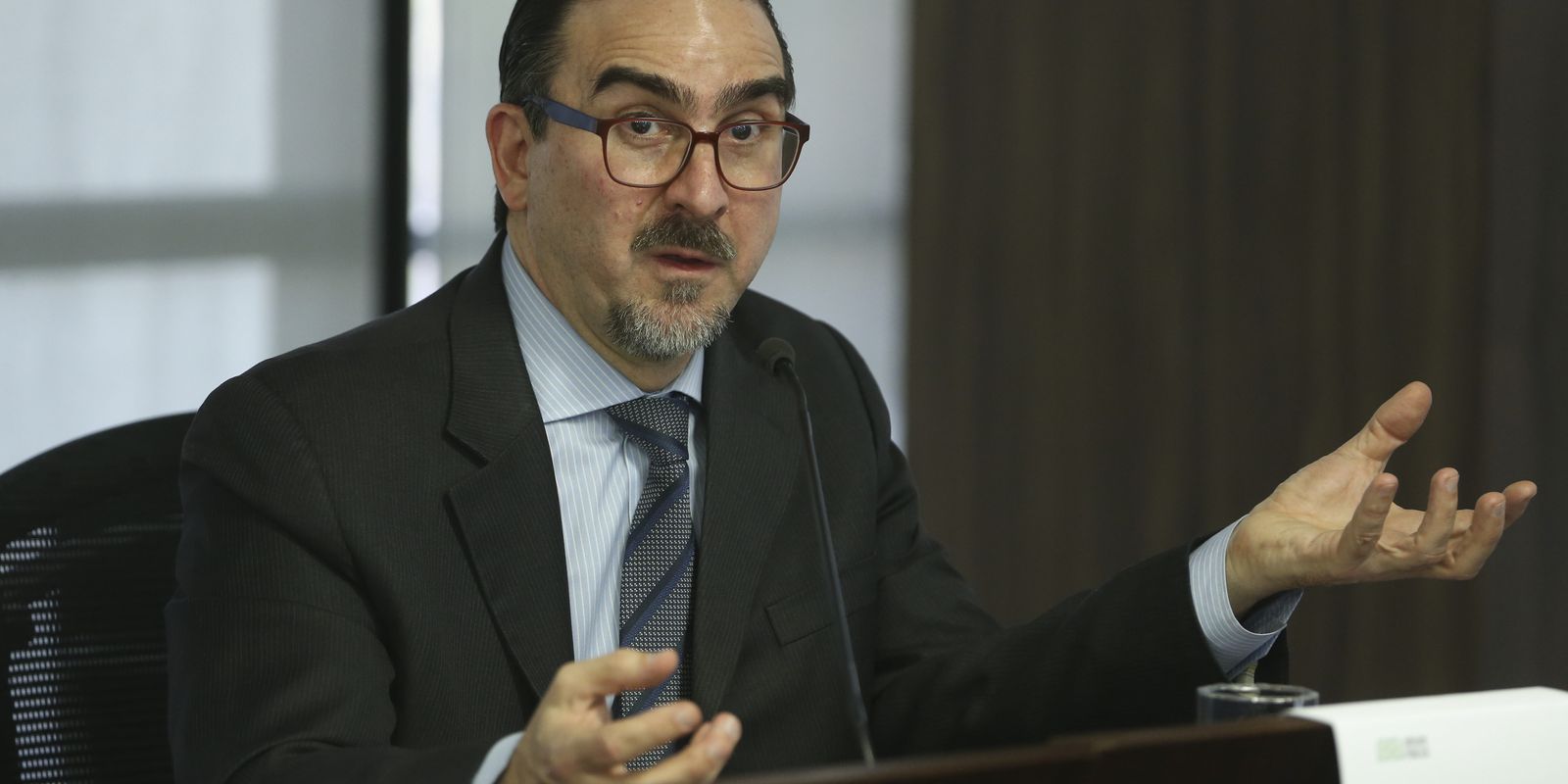Economist Bernard Appy will return to the Ministry of Finance as special secretary for tax reform, announced the future holder of the portfolio, Fernando Haddad. He held a similar role in the ministry from 2007 to 2009, in the second term of the Lula government.
In the first press conference since he was confirmed in office, Haddad also announced that he intends to anticipate the submission of the complementary bill with the new tax rules so that the proposal goes hand in hand with the tax reform.
The future minister recalled that there are two proposed amendments to the Constitution (PEC) pending in Congress, based on texts presented by Appy. ??[O futuro secretário especial] designed a proposal that has served the National Congress, Chamber and Senate, as a basis for discussion in the country. There are PEC 110 [no Senado] and 45 [na Câmara]?? We want to start from this base to talk to parliamentarians”, he declared.
Appy was the second name of the economic team announced today. Earlier, Haddad had announced that economist Gabriel Galípolo, former president of Banco Fator, will be the new executive secretary of the portfolio. “We have similar worldviews,” declared Haddad.
Anticipation
Haddad informed that he intends to anticipate the submission, to the National Congress, of the complementary bill that will create the fiscal rule that will replace the spending ceiling. The Transition PEC, approved by the Senate and pending in the Chamber, establishes that the proposal must be submitted by August of next year.
According to the future minister, the idea is that the new fiscal framework be processed along with the tax reform because “one discussion strengthens the other”. “We will proceed as soon as possible. If it’s up to me and if the government has matured, I’ll bring this presentation forward”, he declared. He justified the measure by saying that the tax reform is part of the fiscal framework.
Haddad said that the new fiscal framework needs to have three premises: to be reliable, executable in the medium and long term and to guarantee the sustainability of public accounts. “We have to reconcile fiscal and social responsibility. We did it, we know how to do it and we will do it again”, said Haddad at the CCBB.
Regarding the current spending ceiling, created at the end of 2016, the future minister said that the proposal was never enforceable and that the ceiling has been breached for at least three years. “I was already critical of the ceiling in the 2018 campaign, as I understood that it was unreliable. Why Fiscal Responsibility Law? [LRF] still in effect today? Because it’s doable. Our governments have complied with the LRF at all times. This gave sustainability to public finances,” he declared.
distortions
During the press conference, Haddad reaffirmed his commitment to the “sustainability of public accounts”. He pointed out that the elected government intends to correct mistakes made this year due to “electoral desperation”, including “contradicting common sense” and disrespecting technical recommendations from the economic area. He reaffirmed having participated in several governments that were committed to ensuring the sustainability of public accounts.
The future minister repeated words spoken by members of the Transition Cabinet that fiscal responsibility must go hand in hand with social responsibility. “We intend to correct the distortions without taking the poor out of the budget, we are committed to the social issue. We cannot allow the return of hunger, erosion of the purchasing power of wages, but this has to be reconciled with sustainable trajectories”, he commented.
Haddad stated that he intends to bring more predictability to the economy. “The State is not strengthened through lack of control, but through trust, through trusting investors”, he said. The future Minister of Finance stated that one of his priorities will be the removal of obstacles to expanding public-private partnerships (PPP) and recalled that he was one of the authors of the PPP bill when he was an economic adviser to the Ministry of Planning.














